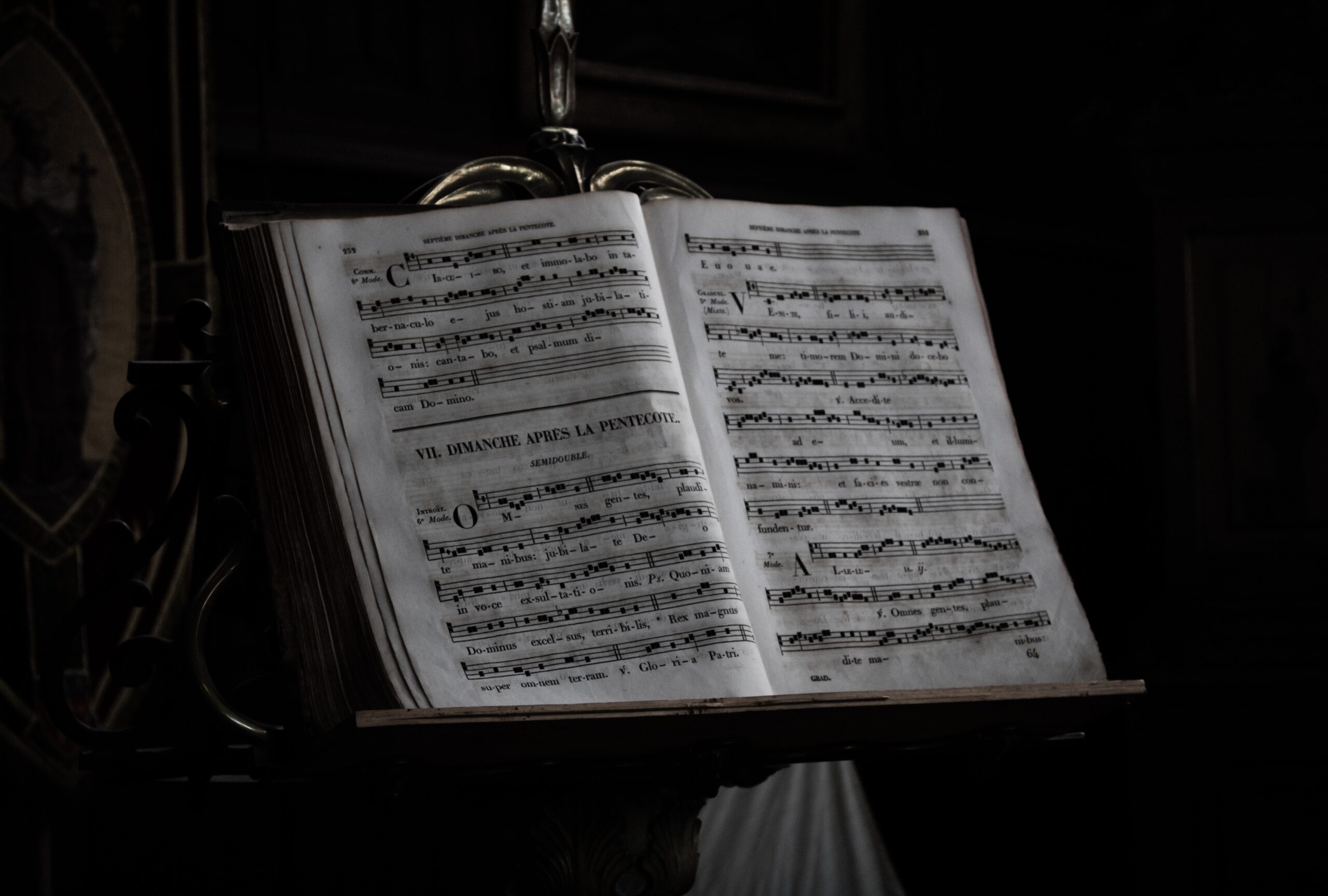Sir Andrew Davis: Remembering a Conductor’s Conductor
We remember Sir Andrew Davis, a true maestro whose life in music touched hearts globally. From the Royal College of Music to the world’s grea...

In an era where technology touches almost every aspect of our lives, the world of classical music isn’t exempt. The debate between traditional paper sheet music and digital devices like iPads continues to be a lively topic among musicians. Here, we explore the opportunities and challenges of using an iPad in classical music stage performances.
The classical music world has a long and treasured history, often adhering to tradition. But technology, specifically the iPad, is making a significant entrance into this arena. Is this digital shift an exciting innovation or a risky move away from tried-and-true methods?
The Paper Tradition: Paper sheet music has been a faithful companion to musicians for centuries. It’s tactile, reliable, and doesn’t require a battery. There’s comfort in the familiar rustle of pages and the physical connection to the notes. Yet, paper can be cumbersome, especially for large scores, and there’s always the risk of a page turn going awry.
iPad: A New Contender: The iPad brings convenience to the fingertips of musicians. A vast library of scores can be stored in one place, and apps can offer features like zooming, annotating, and even turning pages with a simple swipe. Musicians in various genres have successfully adopted iPads for production, so why not for performance?

However, using an iPad on stage is not without challenges. Glare, potential technical issues, and the dependence on battery life can be concerning. A slight mishap could spell disaster in a live performance.
A Look to the Future: Despite these concerns, the potential for development is vast. Imagine apps that follow the musician’s tempo in real-time, adapting to each performance’s unique ebb and flow. It’s a possibility that could revolutionize the relationship between musicians and their scores.
Already, apps like forScore and Newzik are stepping up, offering features tailored to the needs of professional musicians. The integration of such technology could bring a new level of flexibility and creativity to performances, allowing artists to connect with their music in novel ways.
A Balanced Perspective: The transition from paper to digital is neither straightforward nor suited for everyone. Some may revel in the innovative possibilities, while others find solace in tradition. Perhaps the ideal lies in a balanced approach, recognizing the unique benefits and drawbacks of each method.
The merging of technology and art is a delicate dance, but one that reflects our ever-evolving world. As iPads and similar devices continue to penetrate various fields, the classical stage may well find a harmonious blend of the old and the new. Musicians, composers, and audiences alike have the opportunity to shape this exciting journey.
We remember Sir Andrew Davis, a true maestro whose life in music touched hearts globally. From the Royal College of Music to the world’s grea...
In the world of classical music, where the past is always present, one name stands out for breathing new life into forgotten melodies. Philippe Jar...
Klaus Mäkelä, a name synonymous with orchestral brilliance, is set to take the baton from Riccardo Muti as the Chicago Symphony Orchestra’s...
In the world of contemporary music, few names resonate as profoundly as that of Eötvös Péter. A maestro whose life was a rich tapestry of melody...